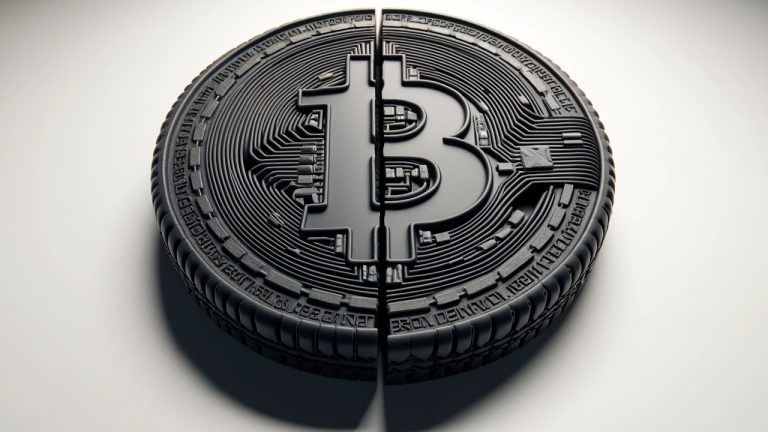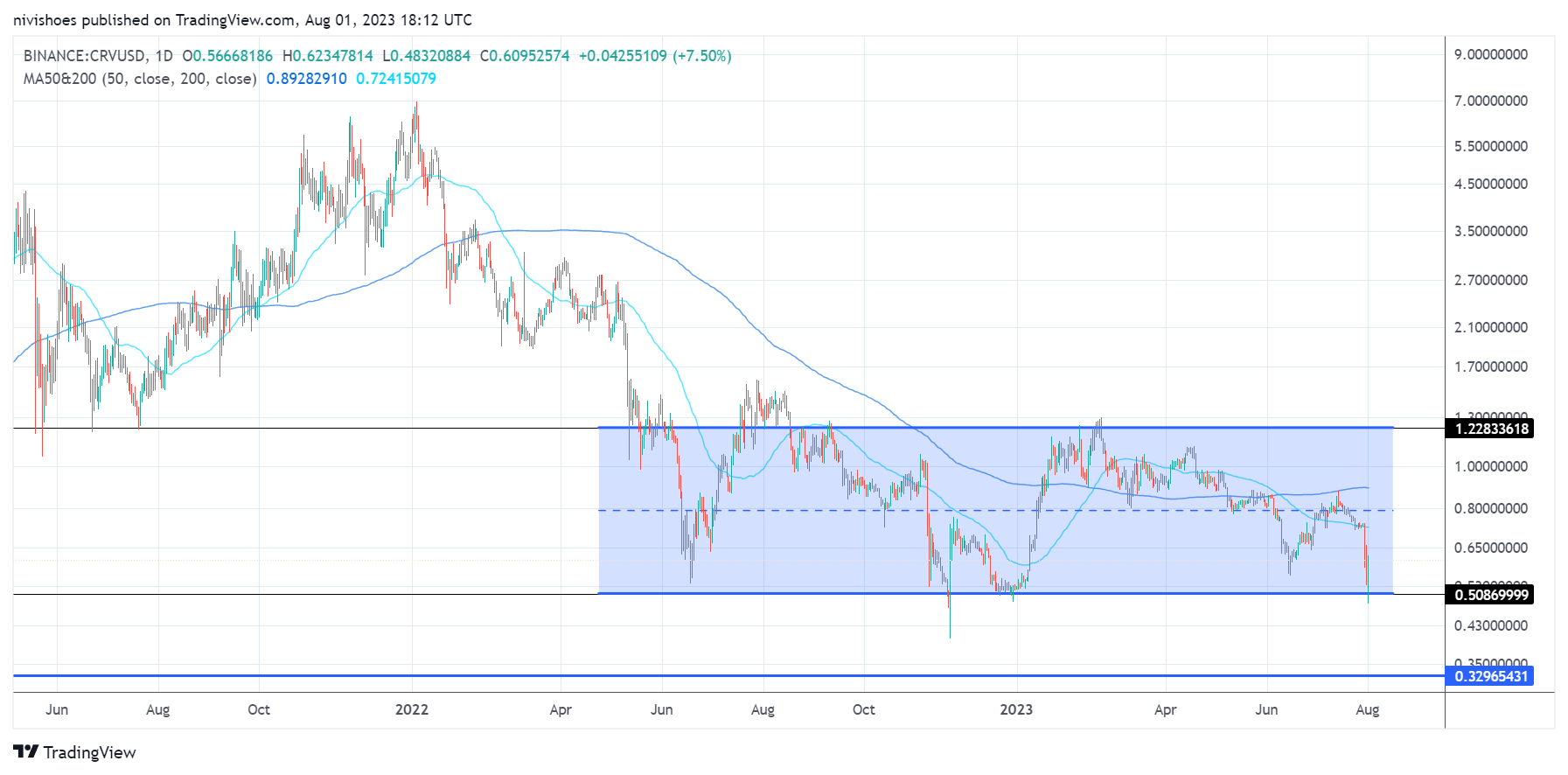
Digital Currency Group has over $320 million left to repay, according to Genesis, and the deal would see that remaining sum repaid by April next year.
Bankrupt crypto lender Genesis and its parent company, Digital Currency Group (DCG), has struck a deal that could end an ongoing lawsuit to claw back $620 million in repayments from DCG.
In a Nov. 28 filing to a New York Bankruptcy Court, Genesis said DCG agreed to pay its outstanding $324.5 million in loans by April next year, and Genesis can chase up on any unpaid amounts.
The proposed deal aims to allow Genesis to end a lawsuit filed against DCG in September that sought to have the firm repay overdue loans worth around $620 million. DCG has made some payments since the suit.

Genesis said the repayment deal will provide it with “immediate significant and near-term benefits” and avoid the “risk, expense, and diversion of resources that would be required by litigation.”
The deal will form part of Genesis’ plans to pay back creditors, who will vote on the plan before it is sent to bankruptcy judge Sean Lean for a decision — who will consider the creditor’s votes.
Related: Genesis seeks court’s approval to reduce Three Arrows Capital claim from $1B to $33M
Genesis also sued crypto exchange Gemini on Nov. 22, seeking to recover nearly $670 million in transfers.
Meanwhile, Genesis and Gemini are facing a lawsuit from the Securities and Exchange Commission, which claimed they sold unregistered securities. New York also sued the duo and DCG, alleging the trio defrauded investors.
Genesis filed for bankruptcy in January after suspending withdrawals in November 2022.
Magazine: Hall of Flame: Crypto lawyer Irina Heaver on death threats, lawsuit predictions














